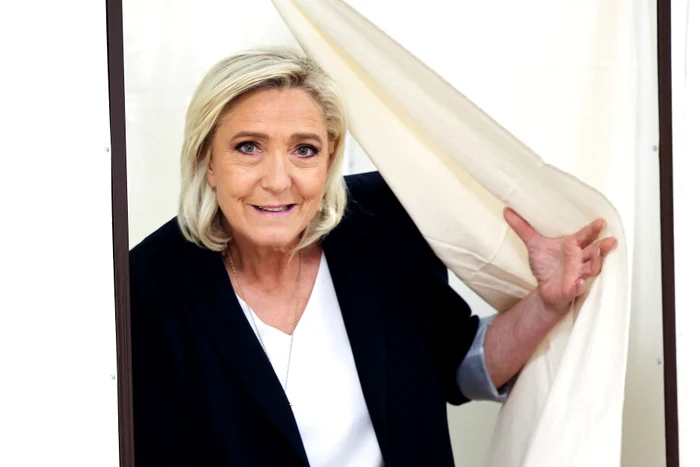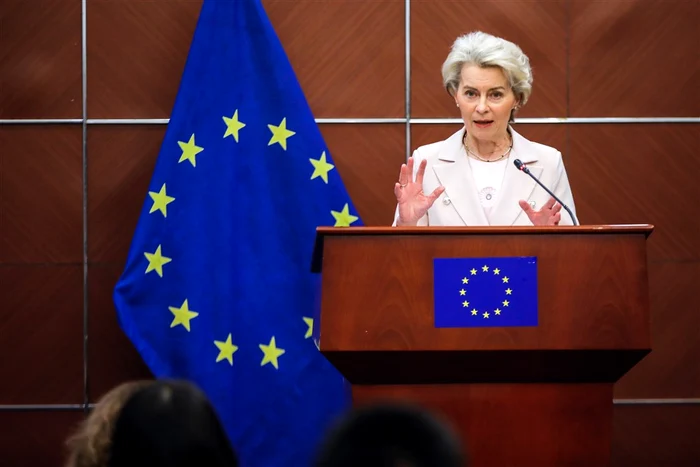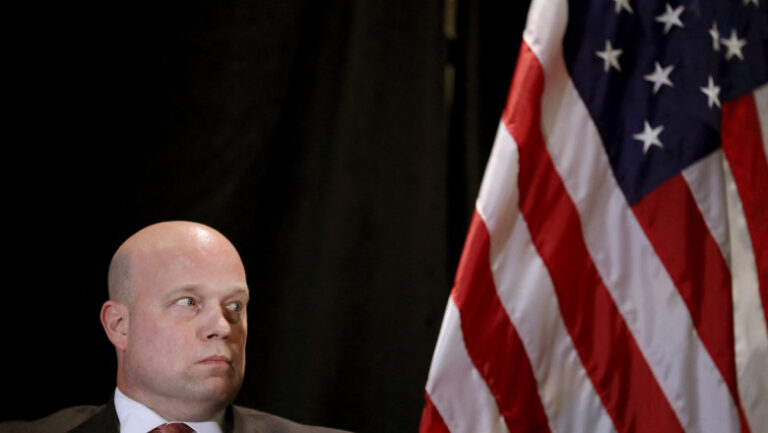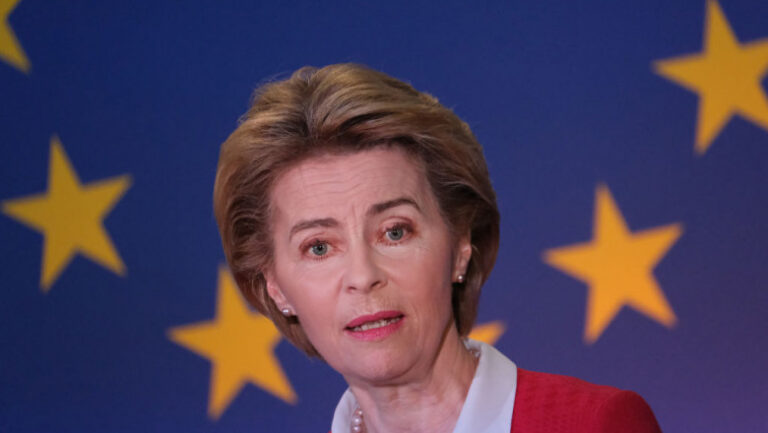
French Far-Right Threatens No-Confidence Vote Over Budget
The National Assembly (RN), a key far-right party in France, threatens to vote on a no-confidence motion against the government. The party’s leader, Marine Le Pen, announced the move on Wednesday, protesting a proposed budget that could diminish the purchasing power of French citizens. This action is viewed as crossing a “red line” for the RN.
Proposed Budget Triggers Political Unrest
The proposed budget is currently under discussion in the National Assembly. If it gets approved and the purchasing power of French citizens is compromised, the RN has warned it will support the left in voting for a no-confidence motion to topple the government. This move is particularly concerning as it could lead to the government’s collapse if the RN and left-wing collectively vote in favor of the motion.
Government’s Use of Article 49.3
Marine Le Pen has expressed that the RN will vote for censure if the government employs Article 49.3 of the French constitution to approve its 2025 budget. This article allows the adoption of measures without a vote. The no-confidence motion voting is expected to take place in the latter half of December, with the government likely to invoke Article 49.3 due to its lack of a majority.
Unacceptable Increase in Taxes
Le Pen, who is scheduled to meet Prime Minister Michel Barnier to discuss the budget, described the anticipated increase in electricity taxes as “inadmissible.” Although Members of Parliament scrapped this increase at the first reading, Le Pen’s demands include not increasing taxes for individuals and entrepreneurs, not burdening pensioners, and not making structural savings in the state’s running costs. She expressed disappointment that these concerns have not been addressed by the government.
Political Fragmentation in France
France’s political landscape is currently fragmented into three irreconcilable blocs: the leftist NFP (New Popular Front) coalition, President Emmanuel Macron’s center-right, and Marine Le Pen’s far-right. The government, led by Michel Barnier, was appointed in September following snap elections in the summer after President Emmanuel Macron dissolved the lower house of the legislature.





